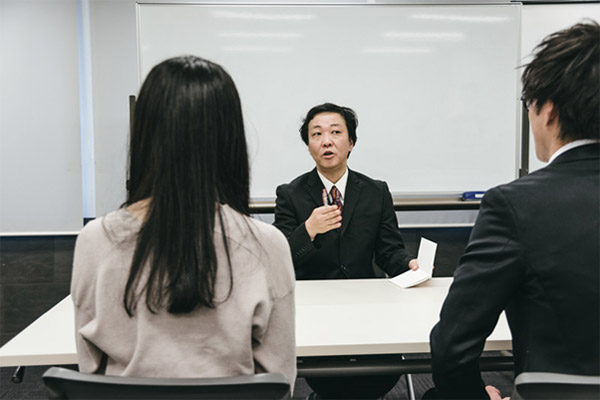Sakura Mentor
Pursuing Higher Education and Landing a Job in Japan
Lai Hung Wei
Updated in November 2020
With its nominal GDP crossed the $ 5 trillion mark on 2019, Japan managed to secure its strong position over Germany as the third largest economy in the world. However, the advancement in its nominal GDP is shadowed by its aging population and lack in manpower. While the Japanese government had been introducing various policies to counter these problems, one of the most effective short-term policies is to bring in international students and skilled labour. This policy is further strengthened by a study from a renowned Japanese university (unpublished data) that showed 65 % of the international postgraduate students entered the Japanese work force following their graduation.
I had received several inquiries about scholarship and job hunting from my SSC Alumni mentees. In my opinion, one of the best ways of entering the Japanese university is by applying the government-sponsored scholarship provided by the Japanese Ministry of Education, Culture, Sports, Science and Technology (MEXT). Scholars are exempted from tuition fees and will be additionally paid a considerable amount of monthly allowance. For most cases, you may apply through the Japanese Embassy in your home country or look up for university that offered the scholarship programme. Depending on your country, you may be required to sit for a test or several rounds of interview to secure your position. The process may take up to a year so be prepared for the application and act fast! However, even if you failed, do not be discouraged as there are also many other scholarships provided by various Japanese companies. Spend some time to do research on the internet and you will find out that the opportunities of studying in Japan is quite tremendous!
So, what should you do after you are graduating from your studies but intend to work in this beautiful country? Japanese students usually start looking for jobs in their final year and spend around a year hunting for jobs. Job hunting is a serious matter in Japan. First, you need to attend job fairs to learn about more information about the companies you are interested. Once you identified several potential companies, you should start your application and send in your resume. You will be notified by email or phone call about your success where you will be asked to join two or three more interviews before you got officially accepted. The ways of these interviews were conducted varied among companies; some might be a one-on-one interview and some might be group interviews.
 A typical job interview moment
A typical job interview momentPhoto: Pakutaso-Fujiko
Although the process of applying for a university and job hunting are comparatively long, you could thrive well as long as you are fully prepared. A good hint when it comes to applying for a job or university entry is that one should read and understand every sentence in the guidelines in detail. The guidelines usually have a few lines hinting on what they expect from the applicants and you could use this to your advantage if you happen to have the desired skillset they seek. Have faith in yourself and good luck!







